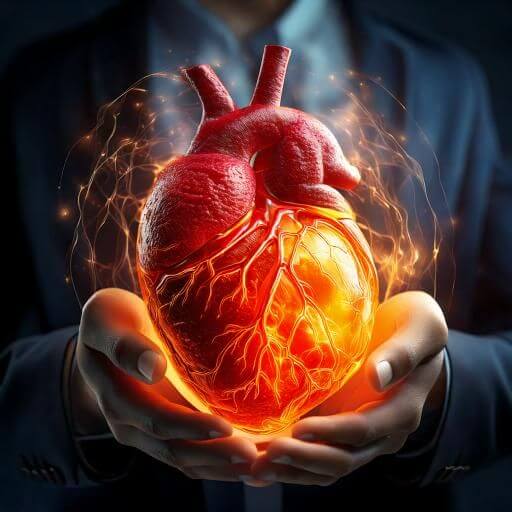Vitamin B12, also known as cobalamin, is a water-soluble nutrient essential for various bodily functions. It plays a major role in forming red blood cells, supporting the nervous system, and assisting in DNA production. Found naturally in animal-derived foods like meat, eggs, fish, and dairy, maintaining healthy levels of vitamin B12 is crucial for your overall well-being.
Understanding What Vitamin B12 Deficiency Means
A deficiency in vitamin B12 happens when the body doesn’t receive enough of the nutrient, leading to a gradual decline in health. This shortfall often develops slowly, which makes the symptoms easy to overlook at first. Knowing the early warning signs and underlying causes is important for catching the issue before it worsens.
Early Symptoms You Shouldn’t Ignore
The initial symptoms of low vitamin B12 levels can be vague and include tiredness, weakness, pale or slightly yellowish skin, and difficulty breathing. If left untreated, the deficiency may progress, leading to more serious neurological issues such as numbness or tingling in the hands and feet, problems with walking, and trouble concentrating or remembering things.
What’s Usually the First Noticeable Sign?
Fatigue is commonly the earliest indicator of vitamin B12 deficiency. This happens because your body needs B12 to produce healthy red blood cells, which transport oxygen. When this process is impaired, less oxygen reaches your tissues, causing persistent tiredness—even if you’ve had plenty of sleep.
Why a Deficiency Happens
There are several reasons why someone might become deficient in vitamin B12. These include not consuming enough through diet, which is common among vegans and vegetarians, and having medical conditions like pernicious anemia or digestive issues that affect absorption. Certain medications can also interfere with how the body absorbs this vital nutrient.
Who’s Most at Risk?
Several groups are more vulnerable to developing a deficiency. These include adults over age 50, individuals with digestive disorders, strict vegetarians or vegans, those who’ve had gastrointestinal surgery, and people taking medications like metformin or acid-reducing drugs. These factors can limit vitamin B12 absorption or intake, raising the chances of deficiency.
How Vitamin B12 Deficiency Is Diagnosed
To confirm a deficiency, doctors review your medical history, conduct a physical exam, and order blood tests to check B12 levels. They may also test for elevated levels of methylmalonic acid (MMA) and homocysteine, which are common in people with low vitamin B12.
Treatment Approaches That Work
Correcting a vitamin B12 deficiency usually involves supplements—either orally or through injections—depending on how severe the deficiency is and what caused it. Making dietary changes to include more B12-rich foods is also helpful. Ongoing monitoring ensures that treatment remains effective and that levels stay within a healthy range.
How to Prevent Vitamin B12 Deficiency
Prevention starts with proper nutrition. People at risk, including vegans and vegetarians, should consider fortified foods or take supplements to maintain adequate levels. Regular checkups and blood tests are especially important for high-risk individuals to detect any deficiency early and prevent complications.
Conclusion: Catching the Signs Early Makes a Difference
Identifying early symptoms—like fatigue—is key to addressing vitamin B12 deficiency before it leads to more serious issues. By understanding what causes it and recognizing who’s at risk, you can take steps to prevent or treat this deficiency effectively. With the right approach, maintaining healthy vitamin B12 levels is entirely achievable.
